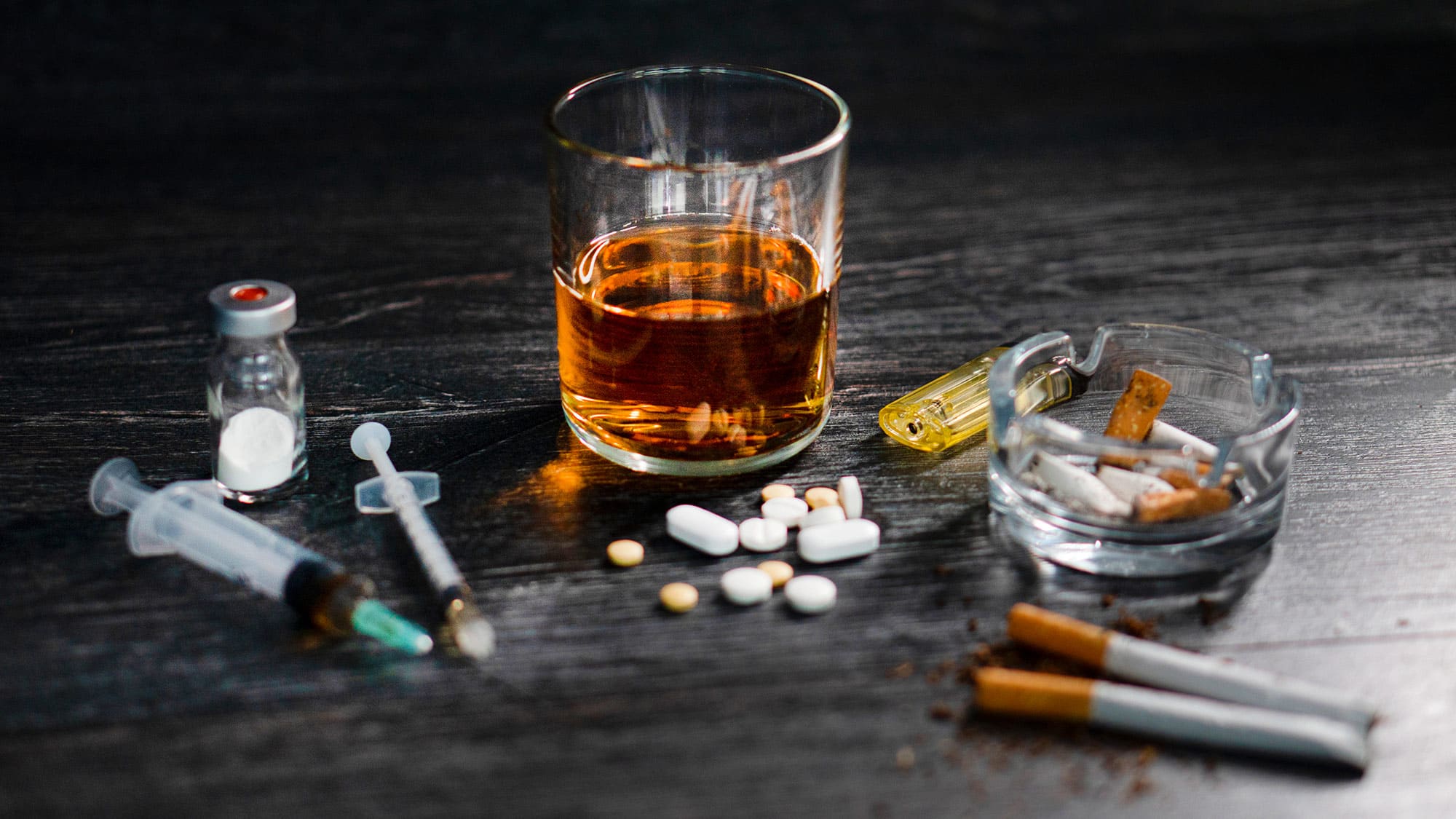Addiction and the Connection to DUI Offenses

Addiction and the Connection to DUI Offenses
Addiction is a serious mental health condition that can dramatically change one’s life. People struggling with addiction are at increased risk of driving under the influence of alcohol or drugs, endangering themselves as well as those around them.
An impact of DUI can have long-lasting repercussions that extend far beyond legal proceedings; from lost wages and higher insurance premiums to strained relationships and mental health concerns.
Mental Health Issues
Many individuals who are charged with DUI also suffer from mental health disorders. Such issues often lead to substance abuse and impaired judgment that increases their risk for DUI offense. Repeat offenders often exacerbate existing mental health conditions that make breaking free more challenging; effective treatments can significantly lower future DUI offenses while helping individuals manage any underlying disorders they have.
Researchers found in one study that many repeat DUI offenders suffer from mental disorders like anxiety, depression, bipolar disorder or post-traumatic stress disorder (PTSD). Individuals suffering from these conditions may use alcohol or drugs as self-medication and be at increased risk for impaired driving incidents; additionally they may not recognize the risks associated with drinking and driving – an aspect which contributes to repeat charges of DUI offenses.
While legal penalties are an effective deterrent against DUI charges, experts also advocate for counseling as part of any treatment program for such charges. Counseling and therapy can assist individuals in identifying the source of their behavior, developing healthier coping skills and dealing with emotional triggers that lead to substance abuse. Cognitive-behavioral therapy has proven particularly useful for helping change negative thought patterns that contribute to DUI behavior.
Addictions
People can become dependent on a wide variety of substances and activities, with alcohol abuse being one of the most popular examples. Substance dependence has many devastating repercussions for an individual’s life – health issues, financial strain and relationship troubles are just some of the consequences that result from alcohol addiction; poor decision making increases chances for engaging in high risk behavior like drunk driving.
Addiction can be defined as an incessant reliance on substances or behaviors despite negative physical, psychological, social and financial outcomes. Addiction is a chronic disease that has the ability to negatively impact all areas of a person’s life: from relationships and jobs to physical well-being and personal safety. People struggling with addictions may feel powerless over their problem and experience depression or anxiety symptoms as a result.
Alcohol and drug use is frequently linked with mental health conditions like depression, post-traumatic stress disorder (PTSD) and bipolar disorder, leading many individuals with these diagnoses to use substances as self-medication for their symptoms. Addressing both mental illnesses in addition to addiction treatment will allow individuals to avoid future DUI charges and improve quality of life.
Substance addiction treatment services typically consist of individual and group psychotherapy, cognitive behavioral therapy and medications to address triggers, develop healthier coping mechanisms and decrease the likelihood of relapse.
Prevention
Decisions to drive under the influence of alcohol demonstrate poor judgement, lack of control, and disregard for both personal and public safety on the road. Conviction for DUI offenses may incur serious repercussions such as lost wages and higher insurance rates; however there are ways to prevent addiction and DUI offenses altogether.
Conducting an honest evaluation of one’s drinking habits and triggers can be the first step toward identifying signs that alcohol is causing issues for individuals. If this evaluation identifies an addiction problem, professional treatment services may assist them in breaking free of their dependence and alter their problematic behaviors.
Many states have “zero-tolerance” laws that make it illegal to operate a vehicle while possessing any detectable amount of controlled substances, including legal medications like opiates or cocaine, as well as illegal ones like methamphetamines. Such substances may be used self-medicating undiagnosed mental health disorders like depression and anxiety.
Family and friends of those involved with DUI charges can provide support by enrolling them in DUI classes, eliminating alcohol from the home, and encouraging participation in support groups. They may also provide transportation to work, court dates, lawyer appointments or therapy sessions as needed; counseling/therapy services focusing on addiction recovery include cognitive-behavioral therapies and motivational interviewing as effective treatments.
Rehabilitation
Rehabilitation or treatment, is a proven means to overcome addiction and lower its risks. Rehabilitation often serves as the initial step in rebuilding one’s life and may include counseling sessions, community resources or developing strong support systems such as family, friends or a recovery group. Avoiding alcohol altogether and finding alternative forms of transportation when going out or needing to return home are also part of recovery.
Addressing underlying issues is another cornerstone of rehab. Therapy or attending AA meetings may help individuals understand what led them to overindulge initially and develop coping mechanisms; additionally, this could serve as an opportunity to identify triggers and avoid them in future.
Engaging in a DUI treatment program can show courts that you’re doing what’s necessary to avoid future offenses, particularly if multiple DUI offenses have already taken place. A judge may even allow enrollment in rehab instead of jail time or losing your license permanently; this allows you to keep working towards recovery while receiving help when needed.







